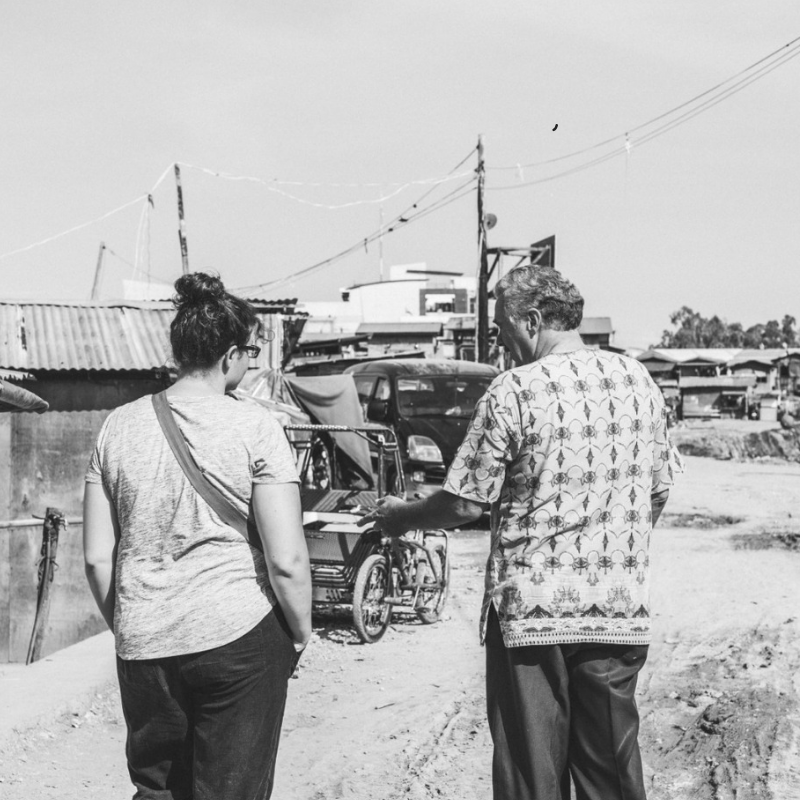The death of U.S. missionary, John Allen Chau, on North Sentinel Island has provoked a firestorm of criticism over his, or anyone’s, attempts to make contact with people groups that reject outside contact. Much of the criticism has focused on the potential health impact of introducing new diseases to an isolated people group with no previous exposure and thus no immunity. While a new report reveals that Chau was concerned about this specific matter and spent years in training, preparation and prevention (1), the larger issue is critically important; examples of significant de-population due to introduced disease have been documented even in this century. (2)
So should we stop spreading the Gospel to unreached and sometimes virtually uncontacted people groups? Biblically, that is not the answer. We cannot abandon our instructions, given by Jesus Christ, to reach the world. Moreover, the world is shrinking faster than we can imagine. It is likely that remaining isolated people groups will come in contact with the outside world through logging, slash and burn agriculture, mineral exploration or smuggling sooner rather than later. And it is unlikely that these contacts will be planned with the health of the people in mind.
So how do we do better? How do we balance the risk of unintentional health consequences with the desire to spread the Gospel to “every nation, tribe, people and language.” An interview between missiologist J.D. Payne and infectious disease specialist, Dr. Scott James, provides a starting point for that discussion. Dr. James wisely suggests that just as we would prepare theologically and culturally for reaching new people groups, we should prepare physically by getting appropriate immunizations or medications, not just to protect ourselves, but to protect those with whom we hope to share the Gospel. As it turns out, it is not just about ME and MY health; instead, “it is about loving your neighbor well.” (3)
Preparation for addressing physical needs must be an integral part of preparation for addressing spiritual needs. For example, WorldVenture requires that our workers be properly immunized to prevent the spread of infectious diseases. And they must meet important physical and mental health standards. But more so, WorldVenture workers have been at the forefront of providing medical care to unreached peoples around the world. We have a long history of meeting physical needs while addressing spiritual needs. And our “360 Missions” strategy takes that effort to all sectors of society.
We’re simply following the example of Jesus. His miracles, as recorded in the New Testament, linked physical healing with spiritual healing. Not only did that meet immediate needs and get people’s attention, it demonstrated his great compassion for them. Authentically loving your neighbor must include demonstrating compassion for physical needs. Addressing the physical brokenness of our world is part of our strategy for proclaiming Jesus’ love and salvation (4). If it hasn’t been a part of your strategy for sharing the Gospel, it should be.
Grace Sandeno is Director of Public Health Initiatives for WorldVenture and has decades of experience in state and local public health. WorldVenture was founded in 1943 to share the good news of Jesus worldwide. To find out how you can get involved, please visit www.worldventure.com/360 or contact Grace Sandeno directly at g.sandeno@worldventure.com.
(1) John Chau, Missions, and Fools, Part 1 (https://www.christianitytoday.com/edstetzer/2018/november/john-chau-missions-and-fools-part-1.html)
(2) Mortality from contact-related epidemics among indigenous populations in Greater Amazonia
(3) Scott James, MD on Public Health and Going to Isolated People Groups
(4) WorldVenture 360 Missions (https://worldventure.com/our-passion/holistic/)


